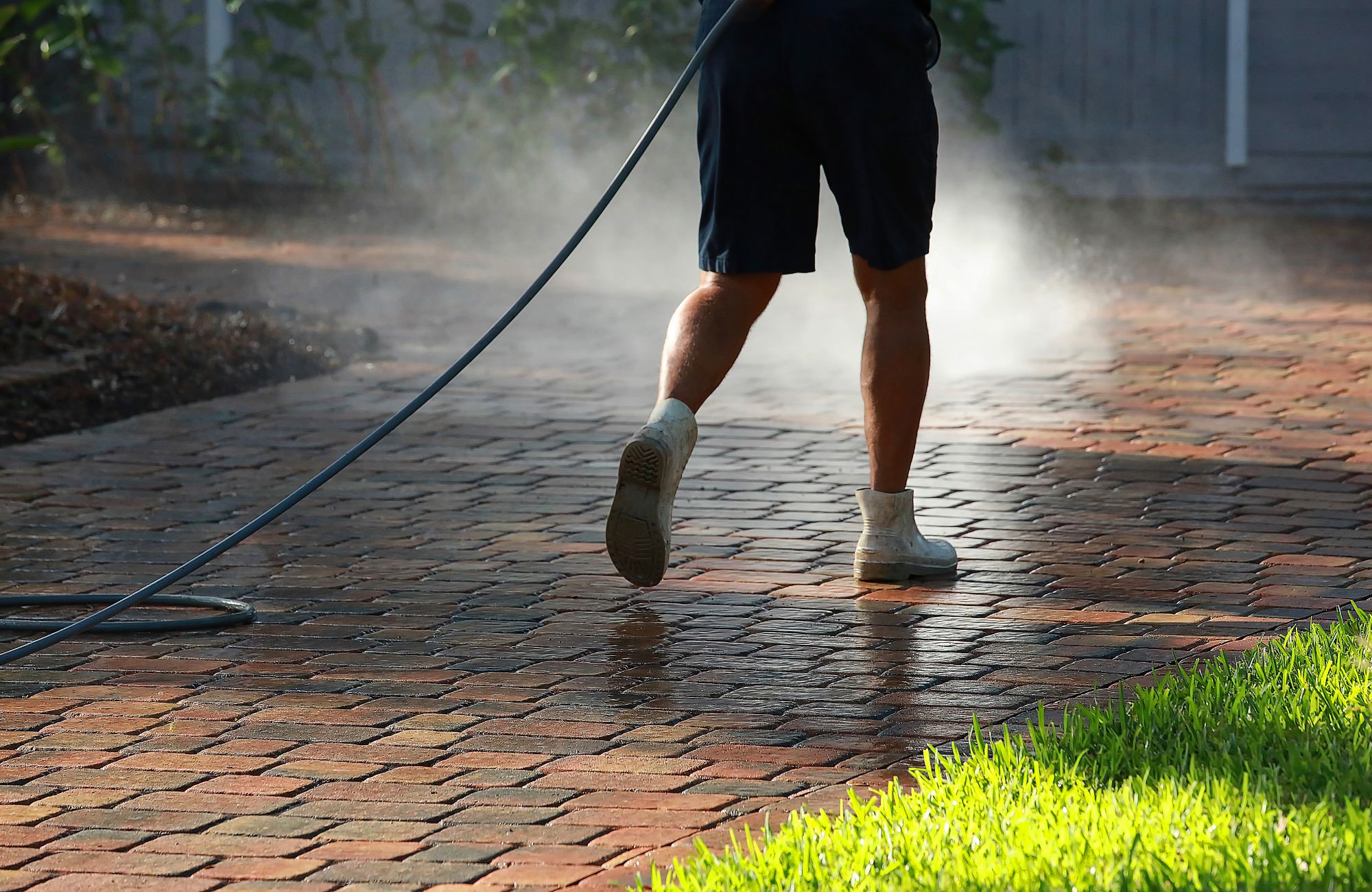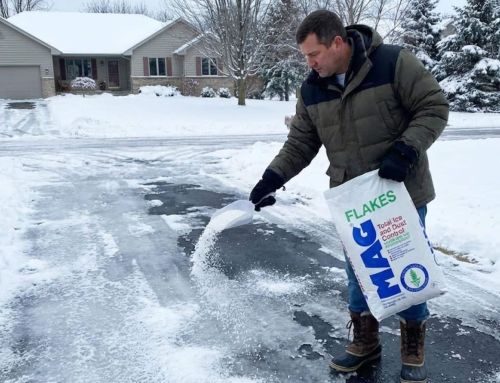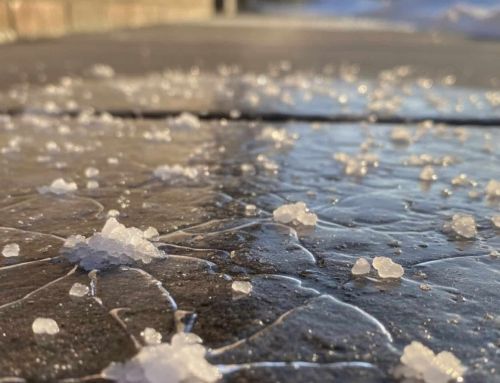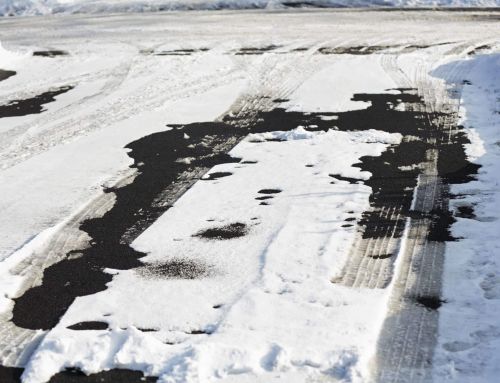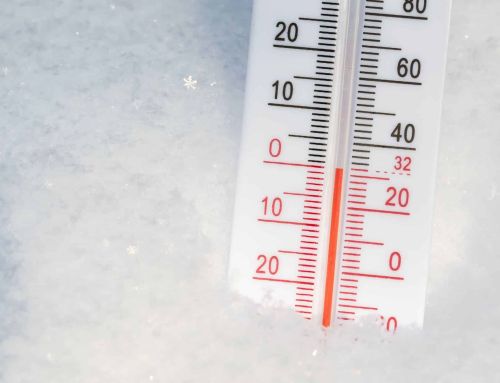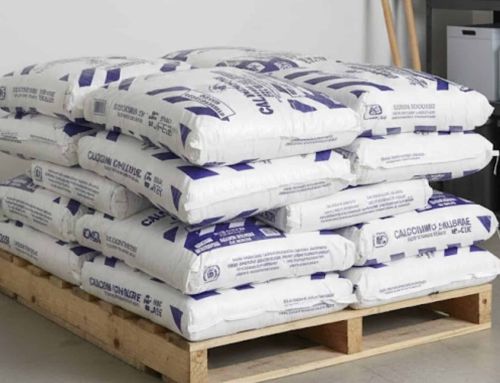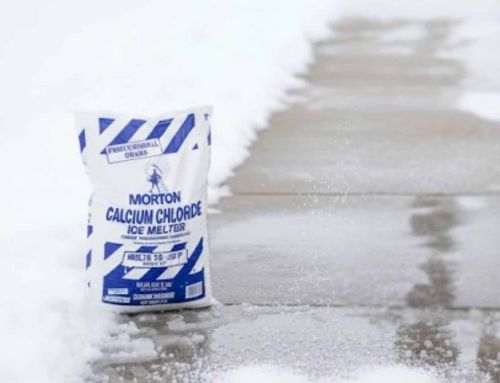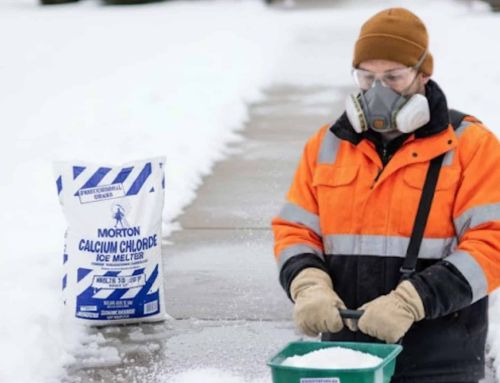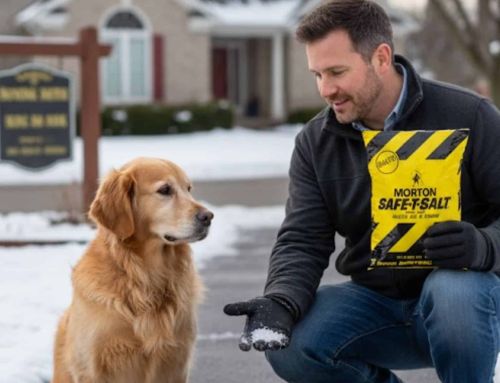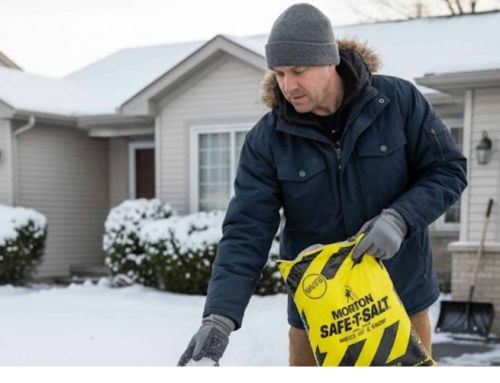Did you know that dirty or stained pavers can make your outdoor space look years older than it really is? Whether it’s your patio, driveway, walkway, or stone walls, keeping pavers clean is one of the best ways to protect your investment and maintain curb appeal. The right paver cleaner helps you get rid of mold, mildew, moss, algae, and everyday dirt while also treating oil, grease, and paint stains that can penetrate concrete, brick, or natural stone surfaces.
Choosing the best paver cleaner isn’t just about looks. It also prevents long-term damage caused by weather, grime buildup, and joint failure when polymeric sand washes out. Use the proper combination of cleaning solutions, a stiff-bristle brush or pressure washer, and a high-quality sealer. This approach keeps your outdoor surfaces protected for years.
Why Cleaning Pavers Matters
Pavers are built to last, but constant exposure to the elements, spills, and heavy foot traffic can leave behind dirt, mold, moss, algae, and stains that weaken the surface. Without the right cleaner or regular wash, these problems harm the look of patios, driveways, and walkways. They also create slippery and unsafe surfaces.
That’s why regular cleaning matters. It stabilizes the joints with polymeric sand, prevents weeds from growing in gaps, and makes it easier to treat oil, food, or paint stains before they become permanent. Skipping maintenance often costs more later when repairs or replacement are needed. With consistent cleaning and sealing, you extend the life of your pavers and protect your investment.
Common Paver Stains & How to Clean Them
Pavers often collect stains from dirt, oil, food, and weather exposure. By treating each type of stain with the right cleaner and method, you keep your surface looking clean, safe, and protected for the long term. Using the proper tools, such as a stiff-bristle brush, a pump sprayer, or a pressure washer on low pressure, makes cleaning more effective. It also helps prevent damage to joints and polymeric sand.
Organic Stains (Dirt, Moss, Algae, Leaves)
Use soap and water with a stiff-bristle brush, or vinegar diluted with water for a natural option. Rinse with a hose or pressure washer on low pressure to avoid washing out polymeric sand. Removing organic stains quickly also prevents mold and algae from spreading across joints and stone surfaces.
Food & Beverage Spills (Wine, Grease, BBQ Sauces)
Blot spills immediately and scrub with dish soap and water to prevent permanent stains. Avoid bleach, which can discolor brick, stone, and concrete. For heavy grease or wine stains, repeat the process or switch to a specialized cleaner designed for outdoor surfaces.
Oil & Grease Stains (Driveways & Garages)
Absorb with kitty litter or sawdust, then apply a degreasing paver cleaner. Agitate with a brush, rinse thoroughly, and repeat if needed to restore driveways and garage pavers. Sealing your pavers after cleaning helps protect against future oil penetration.
Efflorescence (White Powdery Deposits)
Caused by salts rising through concrete or stone, efflorescence appears as a chalky white film on the surface. Apply an efflorescence cleaner with a pump sprayer for the best results, and always check the Material Safety Data Sheet before using chemicals. Sealing after cleaning is the best way to prevent efflorescence from reappearing.
Mold & Mildew
Clean mold and mildew on pavers with white vinegar or a mild detergent solution, or use a specialized mold and mildew paver cleaner. Seal surfaces to prevent regrowth, especially in shaded or wet locations where mildew tends to spread.
At Old Station, you’ll find a complete range of paver cleaners, efflorescence removers, sealers, and polymeric sand designed for brick, concrete, and natural stone surfaces, everything you need to keep your patio, driveway, or walkway looking its best.
Best Way: Methods & Tools for Cleaning Pavers
Pavers collect dirt, stains, and grime over time, so you need the right tools and products to keep them clean. Choose the best way to maintain them by matching the method to the type of stain and surface. Use proper cleaners and equipment to protect the material, extend its life, and keep your patio, driveway, or walkway looking new.
Soap & Water
Use soap and water for light cleaning because it is easy, safe, and won’t harm plants, making it one of the best ways to maintain pavers regularly. This method works well for routine washes on patios and walkways, especially when dirt and stains are minimal.
Specialized Paver Cleaners
Specialized paver cleaners are designed for brick, concrete, and natural stone, and they provide a safer and more effective solution than household chemicals. These cleaners penetrate deeper into the surface, helping you rid tough stains like oil, grease, or efflorescence without harming the material.
Pressure Washer:
Use pressure washing carefully, since too much pressure can harm pavers or wash out the joints. Attach a surface cleaner for even results, and use a turbo nozzle for tough spots while keeping the right distance. Always wash at an angle and rinse thoroughly to protect polymeric sand and avoid creating a mess.
Home Remedies
Use home remedies like vinegar, baking soda, and dish soap for eco-friendly paver cleaning, but remember their effectiveness remains limited. These options work best for small organic stains such as moss or algae and provide a quick, budget-friendly solution when specialized cleaners aren’t available.
Step-by-Step Guide to Cleaning Pavers
- Inspect pavers for cracks or damage and replace if needed.
- Sweep or blow off dirt and debris.
- Pull weeds and clean the joints.
- Pre-treat stains with the right cleaner.
- Spray cleaner with a pump sprayer.
- Scrub with a stiff-bristle brush or carefully use a pressure washer.
- Rinse thoroughly with a hose or sprayer.
- Refill joints with polymeric sand if needed.
- Apply a sealer or sealant to protect the surface.
Common Mistakes to Avoid
Many homeowners make the mistake of using bleach or harsh chemicals that damage brick, concrete, or stone surfaces. Others apply cleaners full-strength instead of diluting them as directed, which can harm the surface, leave residue, and even stain joints. Skipping a test patch before treating the entire area can cause problems. Different paver materials react differently to certain chemicals and cleaners. Taking a few extra minutes to dilute properly and test a small spot helps you avoid long-term damage and unnecessary mess.
Using too much pressure when pressure washing can blow out polymeric sand, loosen joints, and weaken the structure of your patio, driveway, or walkway. In addition, forgetting to seal pavers after cleaning leaves them exposed to mold, mildew, algae, and grime buildup. To protect your investment, always finish the job with a quality sealer or sealant, refill sand when needed, and follow accurate product data or Material Safety Data Sheet instructions for safe application.
Seasonal Paver Care Tips
In spring, clean off winter salt and mildew to prevent early staining and surface damage on brick, concrete, or stone pavers. During summer, treat BBQ grease, food spills, and wine stains right away using soap and water, a stiff-bristle brush, or a specialized paver cleaner. Taking quick action during warmer months helps keep patios, driveways, and walkways clean. It prevents moss, algae, and mold from spreading across joints or gaps.
As fall arrives, remove leaf tannins and organic stains quickly, since they can penetrate the surface and leave long-lasting discoloration. In winter, avoid harsh de-icing chemicals that can erode polymeric sand, weaken joints, and reduce the protection of your sealer or sealant. Instead, use safer alternatives like sand or stone grit for traction. By adjusting your cleaning routine each season, you protect your pavers year-round and extend the life of your outdoor project.
DIY vs Professional Cleaning
DIY paver cleaning works well for light stains, small areas, or regular maintenance. With a pump sprayer, stiff-bristle brush, or pressure washer, you can wash, scrub, rinse, and seal pavers effectively on patios, walkways, and small driveways. This approach lets you treat dirt, mildew, and organic stains while keeping costs low. However, you need to follow product data, dilute cleaners correctly, and apply sealant after cleaning to protect the surface and joints filled with polymeric sand.
Professional cleaning is the best option for large driveways, deep oil stains, heavy efflorescence, or when sealing is needed. Contractors use the right combination of pressure, surface cleaner attachments, chemicals, and high-quality sealers to obtain long-term results. They also replace sand in gaps, apply sealant evenly, and treat stains that DIY methods often can’t remove. By hiring professionals, you avoid mistakes that can damage brick, stone, or concrete pavers and ensure your project stays protected for years.
Conclusion
The best paver cleaner depends on your stain type, paver material, and goals. Whether you use soap and water, an eco-friendly cleaner, or a professional-grade solution, the key is to clean regularly, rinse thoroughly, and finish with a quality sealer or sealant. By maintaining your pavers, you keep patios, driveways, and walkways looking their best while protecting your investment.
At Old Station Outdoor & Landscape Supply, we provide homeowners and contractors with the right products for every paver project. From cleaners and sealants to polymeric sand and stone, our team will help you obtain the tools you need to get the job done right. Contact us today to speak with our experts and find the best solutions for your outdoor space.
FAQs
What is the best solution to clean pavers with?
The best solution to clean pavers with is soap and water for light dirt, or a specialized paver cleaner for tougher stains like oil, grease, or efflorescence.
How can I make my pavers look new again?
You can make your pavers look new again by removing stains with the right cleaner, rinsing thoroughly, refilling joints with polymeric sand, and applying a sealer.
How do I clean outdoor pavers?
You clean outdoor pavers by sweeping debris, applying a diluted cleaner with a pump sprayer or brush, scrubbing, rinsing with a hose or pressure washer, and sealing.
Does muriatic acid clean pavers?
Muriatic acid can clean pavers, but it is harsh and can damage brick, stone, or concrete if misused. Safer efflorescence or paver cleaners are usually recommended.

